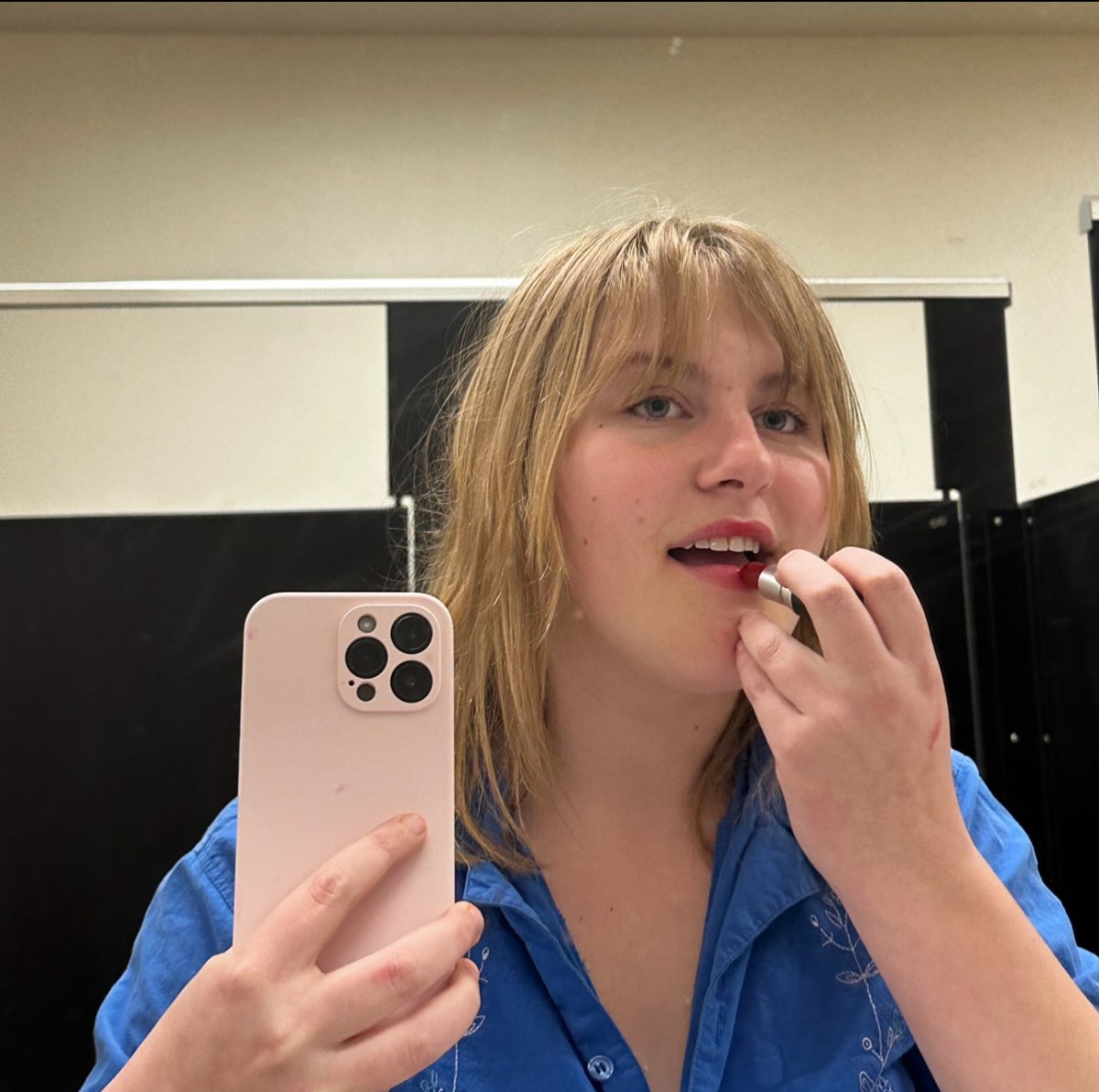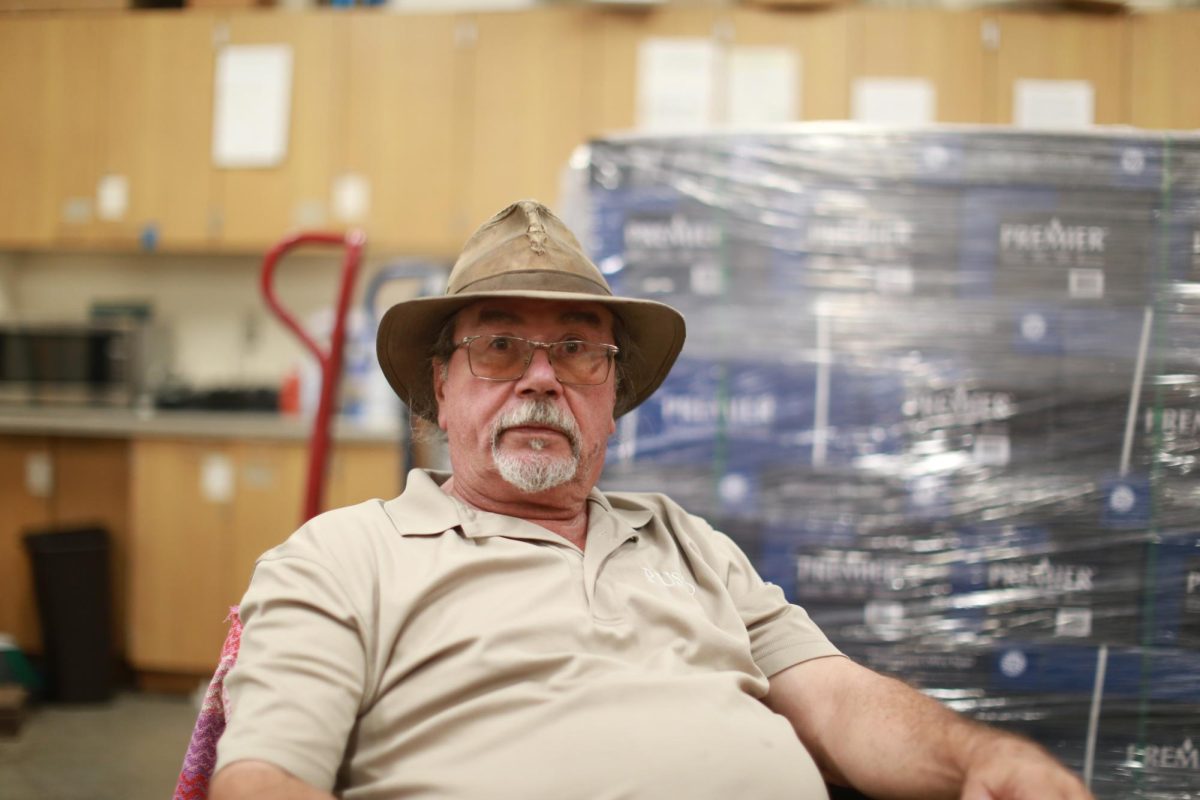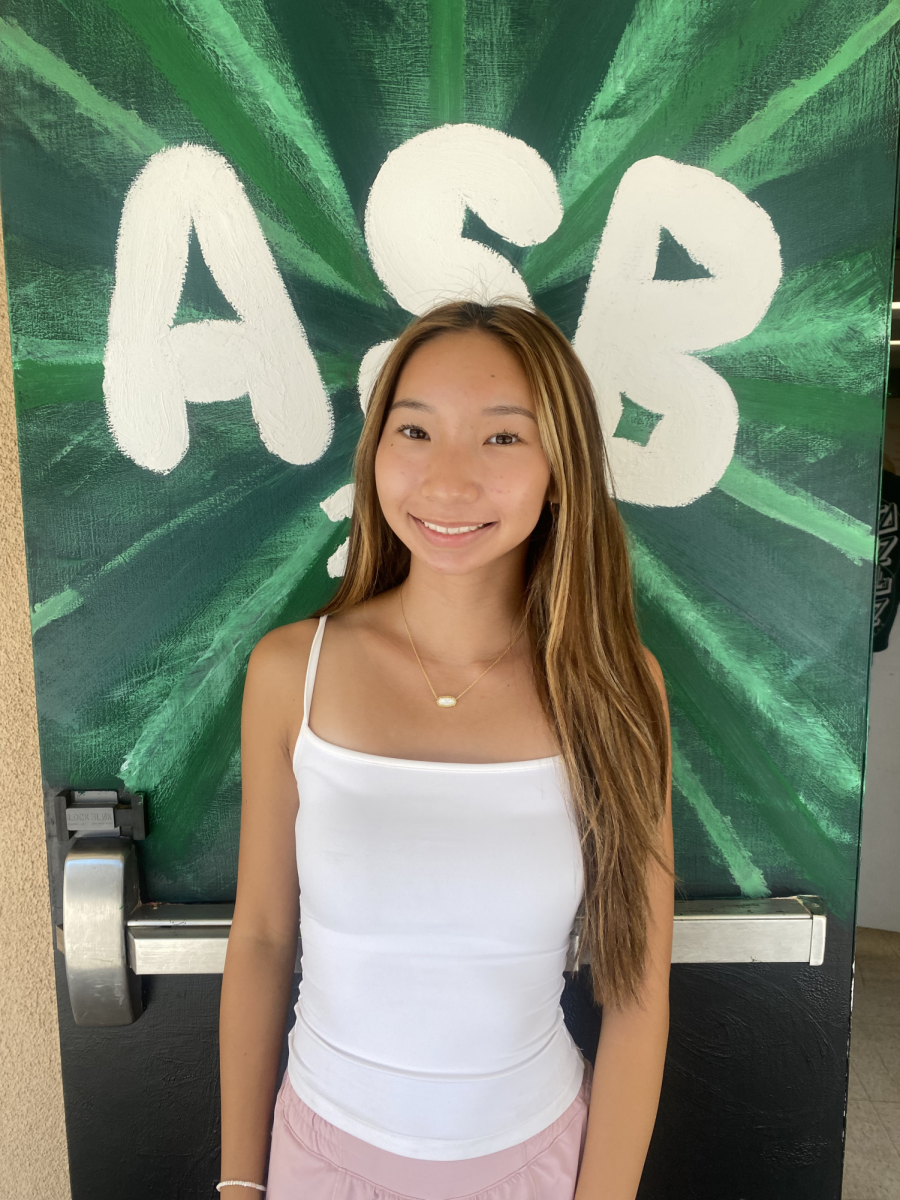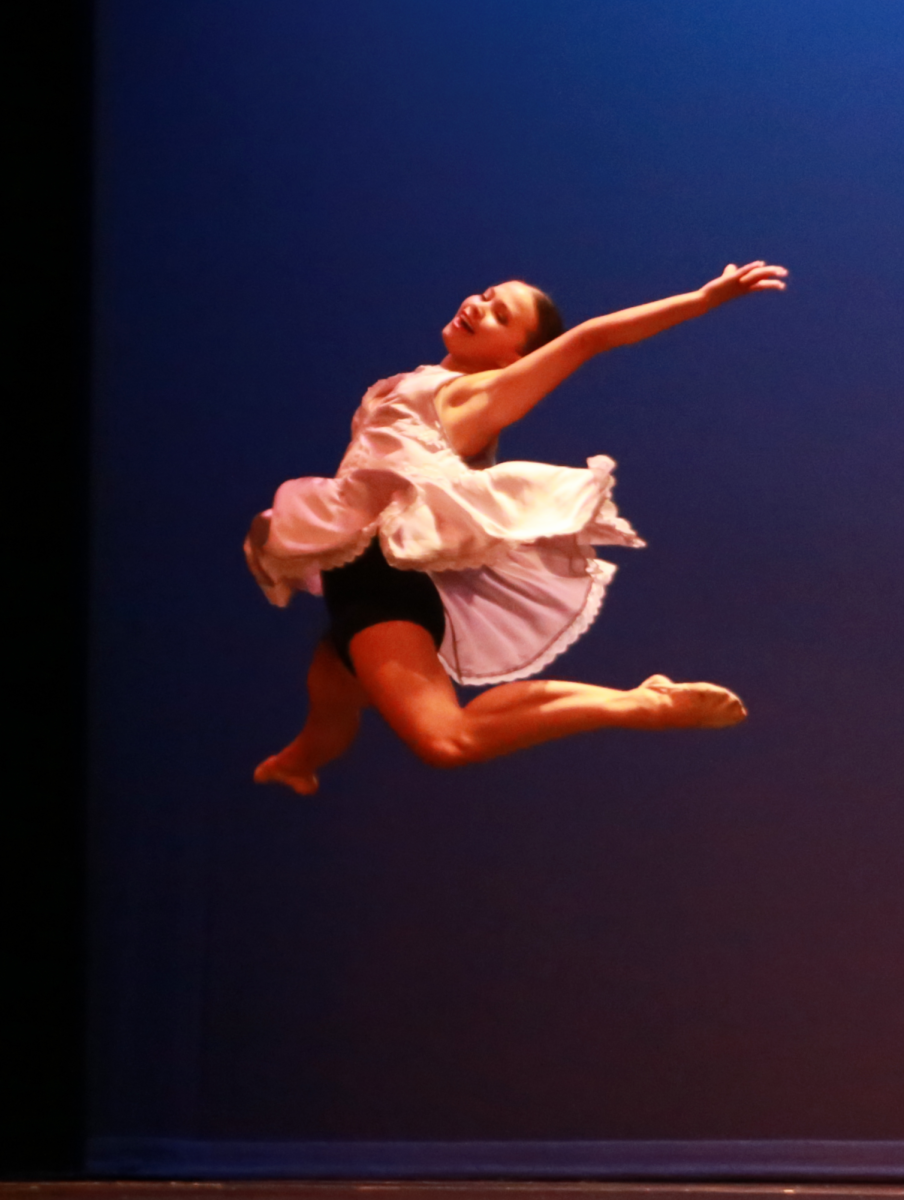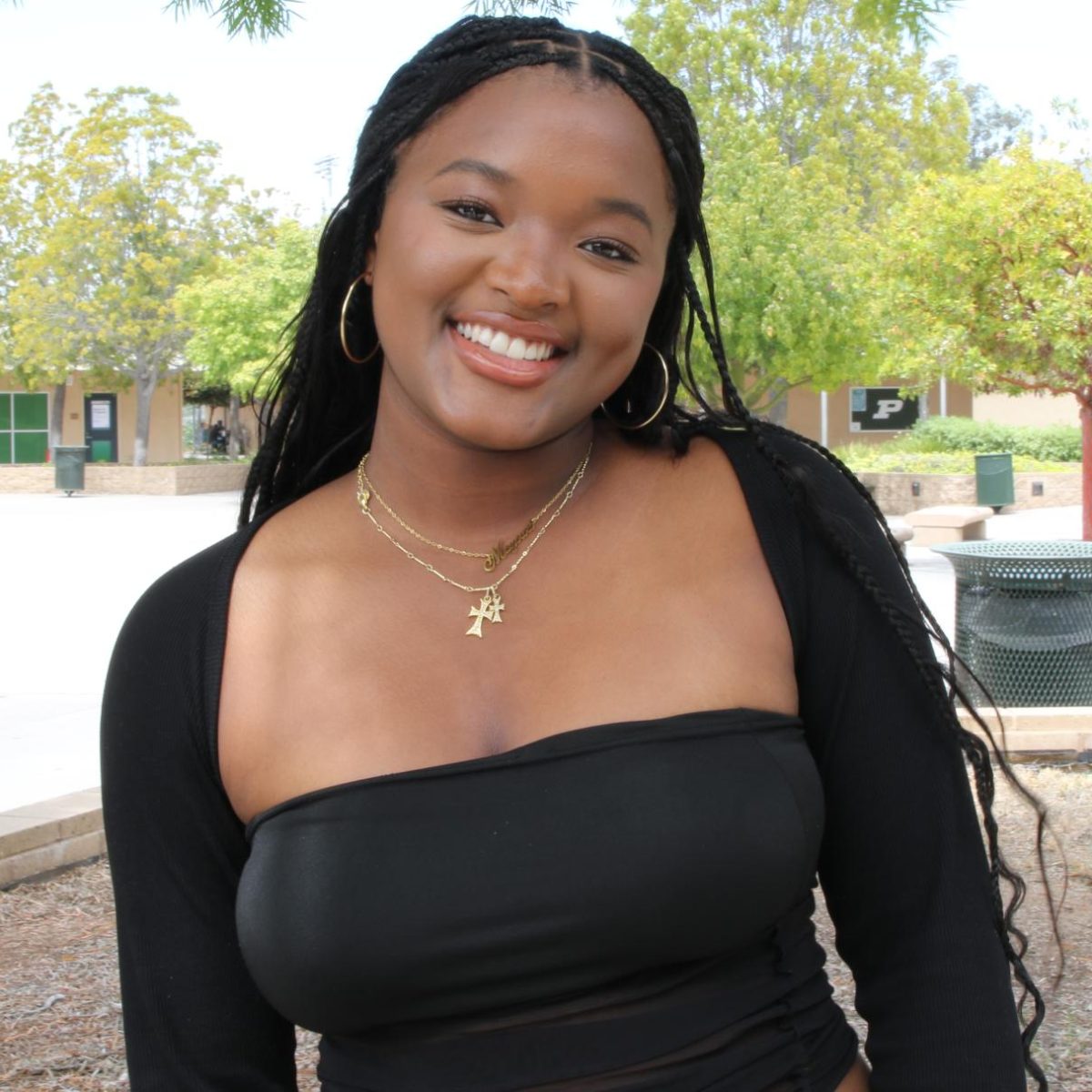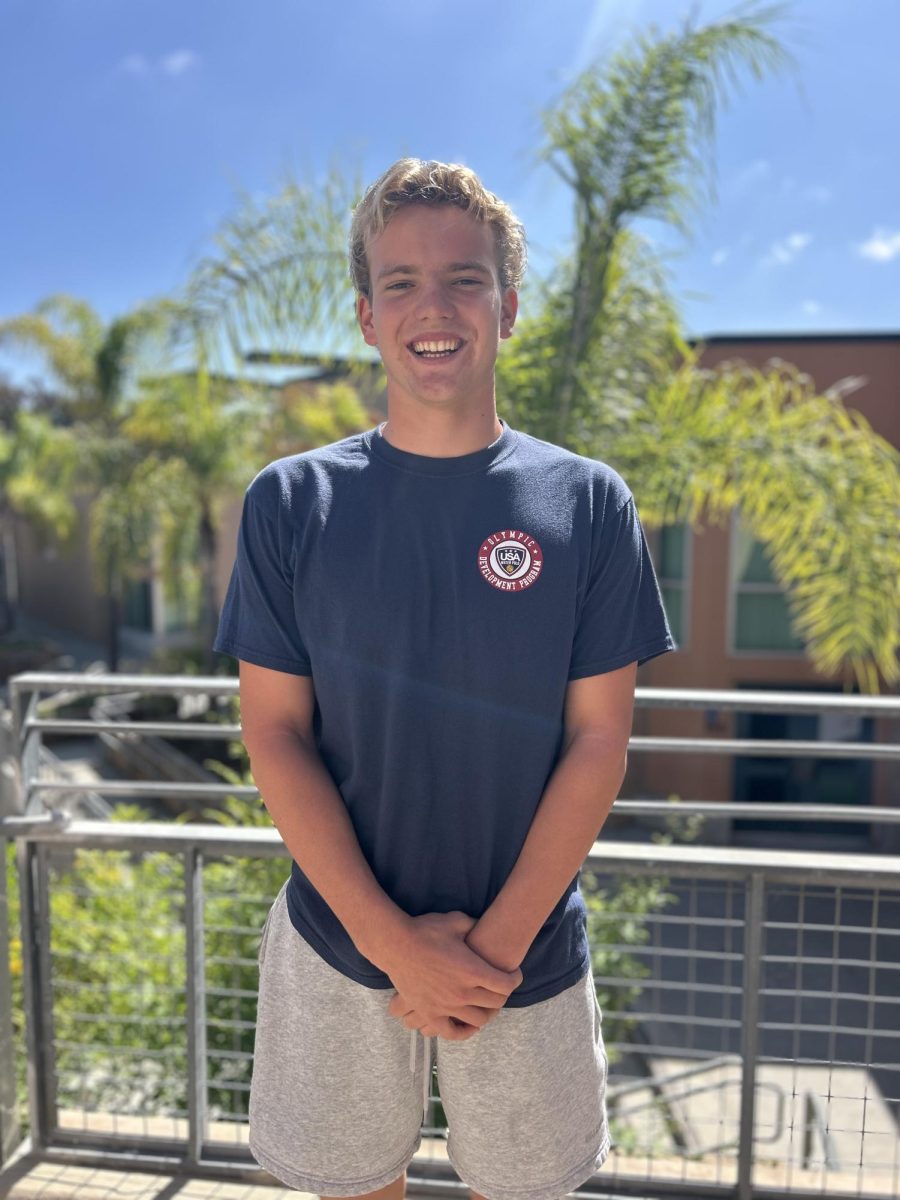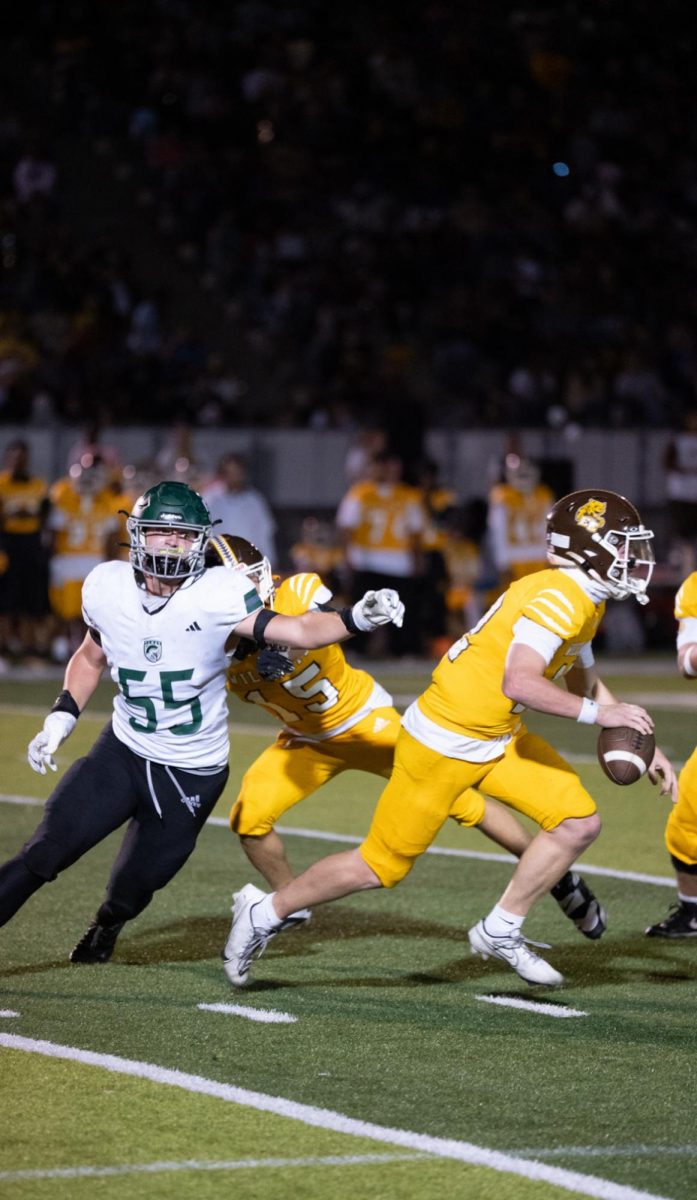Internet posts are influencing kids to act more mature, making them invest in makeup and skincare from extremely young ages.
While it may seem like Sephora Kids popped up overnight, they are the product of years of economic growth. The market for makeup and skincare products has been expanding for years, even if most people did not notice. Teenagers can recall having been to Claire’s as a kid.
Many may have forgotten Claire’s makeup line, which was sold to kids right next to those items, normalizing the idea of makeup in young children.
The uprising of Sephora Kids is partly due to social media and the amount of younger kids on the apps.
By letting little kids create accounts and expose themselves to the harsh world of online friendships, we instill beauty standards at a young age, leaving them to believe they need adult products like Retinol, which is made to lessen wrinkles, even though they do not have wrinkles yet.
More recently, the market has opened up to younger demographics with the creation of companies targeting little kids especially.
The brand YAWN boasts its makeup and skincare line for kids ages 3+. “Sephora kids” are a result of these companies’ advertisements and exposure to the idea of makeup and skincare from a very young age. Statistics shows that the market for child and baby beauty products is expected to have an annual growth rate of about 7.71% until 2028.
Senior Amber Crawford, who helps teach dance classes to children aged 7-9, notices “younger girls wearing Lululemon and slick backs with claw clips. I also overhear them talking about skin care products and makeup brands.”
This new generation craves Retinol younger than twelve because they were exposed to beauty products early on.
“I’ve noticed it a lot in girls who are in dance or cheer because they start wearing makeup at such a young age,” junior Maya Pekarek, a babysitter, said. However, she also believes that “a lot of the reasoning for this is social media. Girls see these older influencers and want to follow them and have everything they have, even though they are young and don’t need all this expensive skincare and makeup.”
From watching videos of their favorite influencer’s makeup routines to being overly exposed to skinny girls without being shown any diversity in body types, it’s no surprise that young kids now have high beauty standards that do not make any sense for children their age.
Senior Carolyn Ackerman, who also works with kids, said, “a lot of younger girls get into makeup and skincare much earlier, and there’s nothing wrong with having fun, but it comes with starting to pick at your own appearance. Girls talk about themselves so negatively when they’re just seven.”
